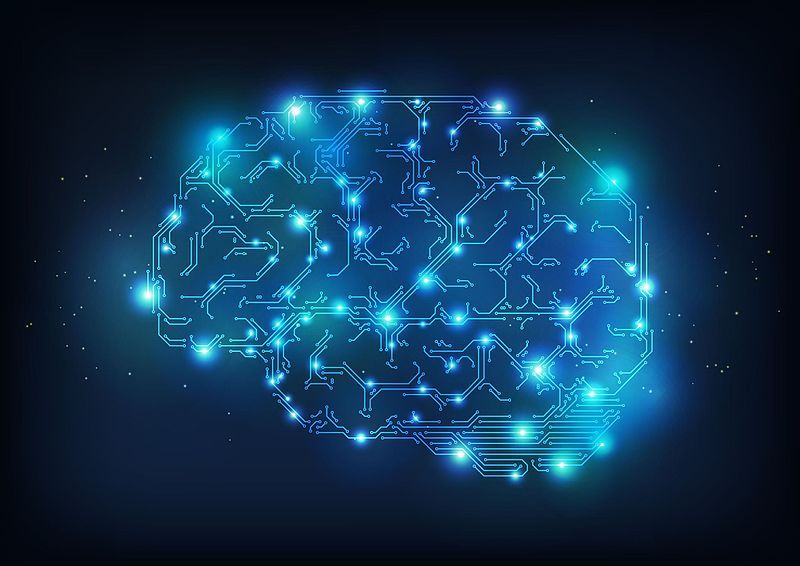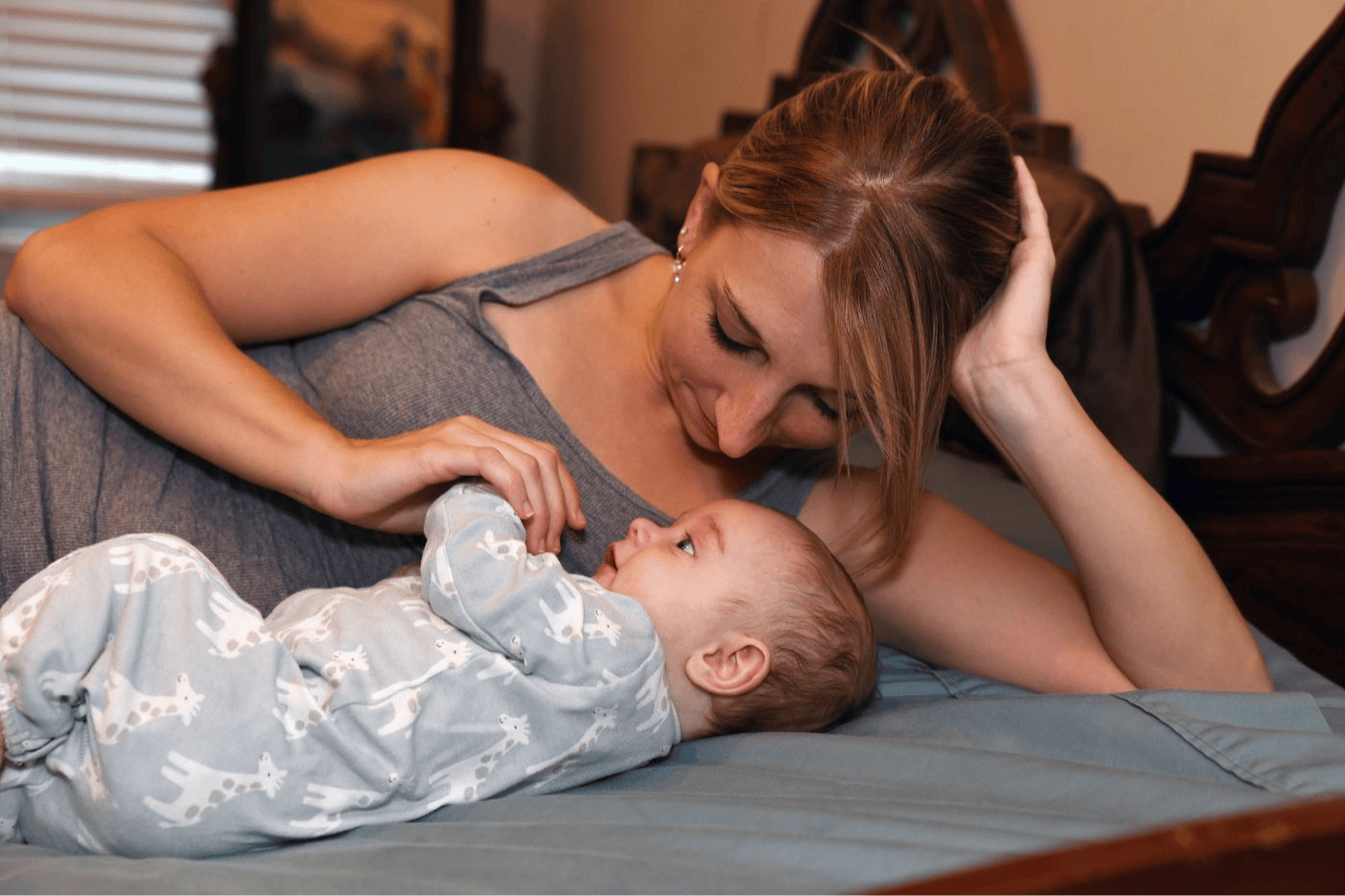161 reads
Sentience: What Does a Fetus Know?
by
May 29th, 2023
Audio Presented by

Conceptual Biomarkers and Theoretical Biological Factors for Psychiatric and Intelligence Nosology https://tinyurl.com/
About Author
Conceptual Biomarkers and Theoretical Biological Factors for Psychiatric and Intelligence Nosology https://tinyurl.com/
